Send Your Apps
Back To School

3 funky strategies to make your NativeScript apps smarter!
Who am I?
Jen Looper - Progress - Senior Developer Advocate
@jenlooper

Help!
My apps are stupid and boring

Get suited up!
It's back-to-school time for your apps!

Today's Curriculum:
- technique to make your app more 'sensitive'
- turn your app into a personal assistant with one plugin
- two machine learning APIs to try
3 ways to make your apps "smarter"
smarter = more human-like

QuickNoms - a smart recipe app



Powered by Firebase
Submit your recipes on the web!

QuickNoms.com
Mobile App Features:
Algolia search
Firebase Remote Config marquee
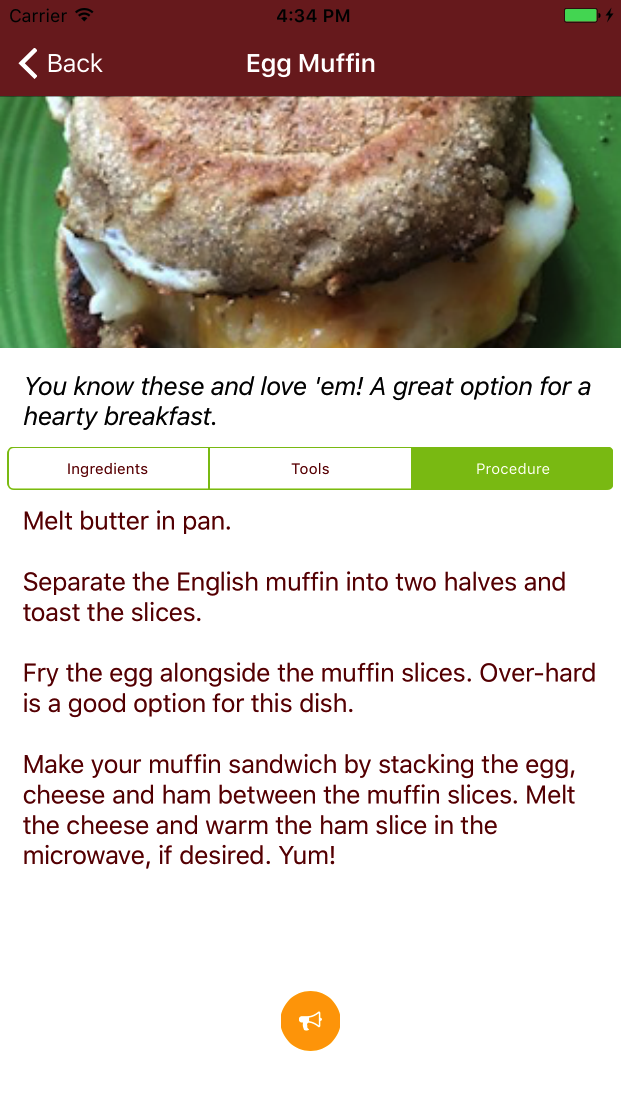
Text-To-Speech


goal: empathetic apps

1: Make your app sensitive
"wow, it's hot in here!"
build a sensor-powered recipe recommender

add a sensor integration!

wifi-connected Particle Photon + temperature sensor - about $25 total
Build the device
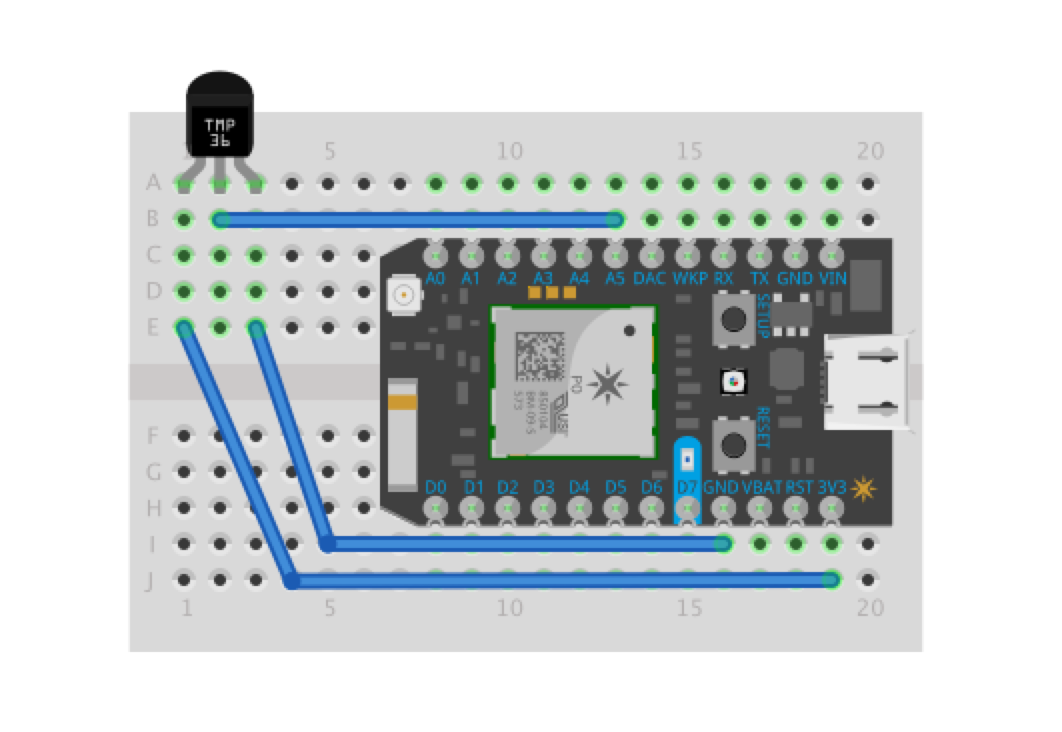
Flash code to Photon
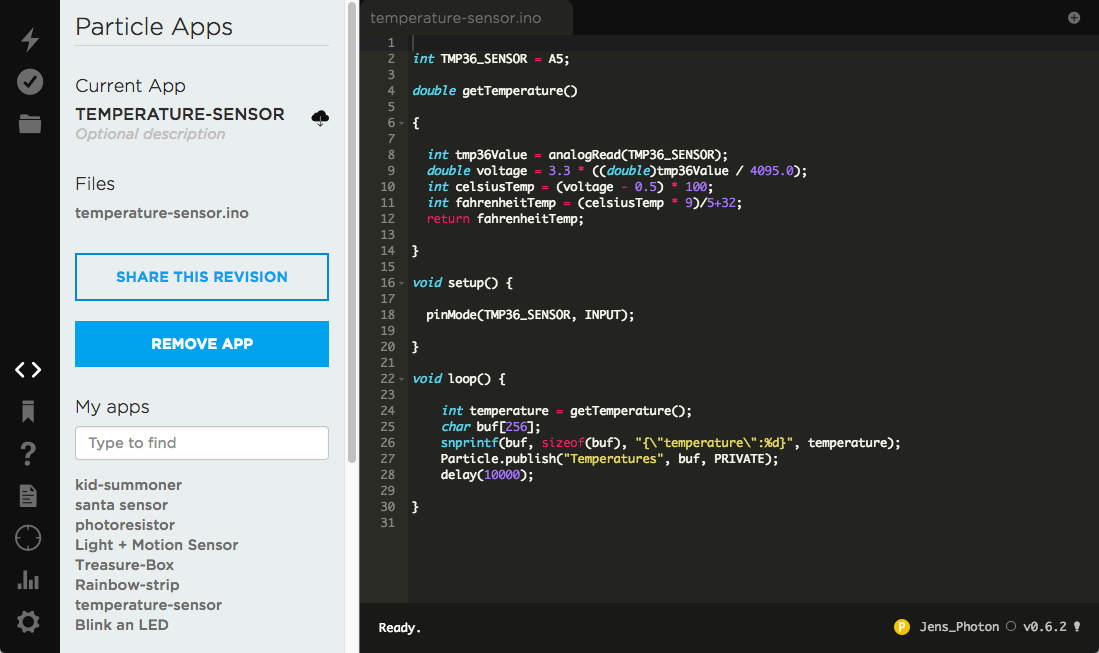
Photon reads temp every 10 secs, writes data to Particle Cloud
Build webhook

webhook lives in Particle Cloud, watches for data written by Photon to cloud
webhook writes to Firebase

app consumes data and reacts
Select recipes tagged as 'hot' or 'cold' - atmosphere type recipes
Observable subscribes to
temperature saved to Firebase
ngOnInit(): void {
this.recipesService.getTemperatures(AuthService.deviceId).subscribe((temperature) => {
this.temperature$ = temperature[0].temperature;
if (Number(this.temperature$) > 70) {
this.gradient = "#ff6207, #ff731c, #ffe949";
this.recommendation = "It seems pretty warm in here! I'd recommend some recipes
that might be refreshing";
}
else {
this.gradient = "#05abe0, #53cbf1, #87e0fd";
this.recommendation = "It seems pretty cool in here! I'd recommend some recipes
that might be warm and toasty";
}
})
}Scalable?
Google Nest - use the API

demo
2: Humanize with plugins

Your app as a personal assistant

Try a plugin like Text-To-Speech
speak(text: string){
this.isSpeaking = true;
let speakOptions: SpeakOptions = {
text: text,
speakRate: 0.5,
finishedCallback: (() => {
this.isSpeaking = false;
})
}
this.TTS.speak(speakOptions);
}pass a string to the plugin to leverage native text-to-speech capability
demo
3: Add some Machine Learning
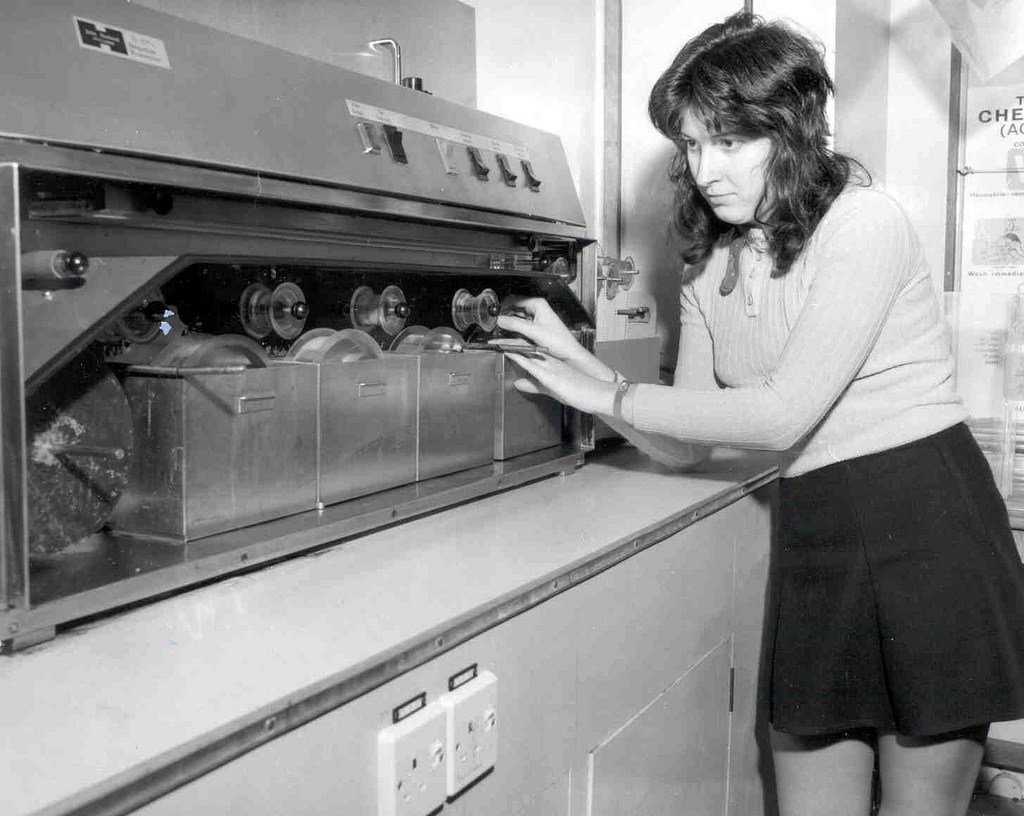
ML is easy

not
Use a third party with pretrained models



Specialists in image analysis
Took top 5 awards in 2013 ImageNet challenge
Innovative techniques in training models to analyze images
Offer useful pre-trained models like "Food" "Wedding" "NSFW"
Or, train your own model!
"Does this dish qualify as a QuickNom?"
Use Clarif.ai's pretrained Food model to analyze images of plates of food for inspiration


probably not!
might be!
Take a picture
takePhoto() {
const options: camera.CameraOptions = {
width: 300,
height: 300,
keepAspectRatio: true,
saveToGallery: false
};
camera.takePicture(options)
.then((imageAsset: ImageAsset) => {
this.processRecipePic(imageAsset);
}).catch(err => {
console.log(err.message);
});
}Send it to Clarif.ai via REST API call
public queryClarifaiAPI(imageAsBase64):Promise<any>{
return http.request({
url: AuthService.clarifaiUrl,
method: "POST",
headers: {
"Content-Type": "application/json",
"Authorization": "Key " + AuthService.clarifaiKey,
},
content: JSON.stringify({
"inputs": [{
"data": {
"image": {
"base64": imageAsBase64
}
}
}]
})
})
.then(function (response) {
return response
}
)}Analyze returned tags
.then(res => {
this.loader.hide();
try {
let result = res.content.toJSON();
let tags = result.outputs[0].data.concepts.map( mc => mc.name + '|' + mc.value );
let ingredients = [];
tags.forEach(function(entry) {
let prob = entry.split('|');
prob = prob[1];
let ingred = entry.split('|');
if(prob > 0.899){
ingredients.push(ingred[0])
}
});
//there should be between four and eight discernable ingredients
if (ingredients.length >= 4 && ingredients.length <= 8) {
alert("Yes! This dish might qualify as a QuickNom! It contains "+ingredients)
}
else {
alert("Hmm. This recipe doesn't have the qualifications of a QuickNom.
Try again!")
}
}if between 4 & 8 ingredients are listed with over .899 certainty,
it's a QuickNom!
QuickNom dishes have a few easy-to-see, simple ingredients
demo
"What can I make with an avocado?"
Use Google's Vision API to match images with recipes
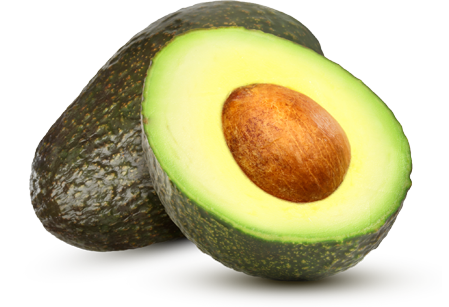
Do it all with Google!

Leverage its consumption of millions of photos via Google Photos with Cloud Vision API
- Label Detection
- Explicit Content Detection
- Logo Detection
- Landmark Detection
- Face Detection
- Image Attributes
- Web Detection (search for similar)
takePhoto() {
const options: camera.CameraOptions = {
width: 300,
height: 300,
keepAspectRatio: true,
saveToGallery: false
};
camera.takePicture(options)
.then((imageAsset: ImageAsset) => {
this.processItemPic(imageAsset);
}).catch(err => {
console.log(err.message);
});
}Take a picture
public queryGoogleVisionAPI(imageAsBase64: string):Promise<any>{
return http.request({
url: "https://vision.googleapis.com/v1/images:annotate?key="+AuthService.googleKey,
method: "POST",
headers: {
"Content-Type": "application/json",
"Content-Length": imageAsBase64.length,
},
content: JSON.stringify({
"requests": [{
"image": {
"content": imageAsBase64
},
"features" : [
{
"type":"LABEL_DETECTION",
"maxResults":1
}
]
}]
})
})
.then(function (response) {
return response
}
)}Send it to Google
this.mlService.queryGoogleVisionAPI(imageAsBase64)
.then(res => {
let result = res.content.toJSON();
this.ingredient = result.responses[0].labelAnnotations.map( mc => mc.description );
this.ngZone.run(() => {
this.searchRecipes(this.ingredient)
})
});Grab the first label returned and send to Algolia search
demo
Looking forward

Machine learning on device
What if you don't want to make a bunch of REST API calls?
What if you need offline capability?
What if you need to reduce costs? (API calls can add up)
What if you need to train something really custom?
Machine learning on device

Just landed in iOS 11: Core ML
Train a model, let Core ML process it for your app on device
Machine learning on device
TensorFlow Mobile
Designed for low-end Androids, works for iOS and Android




Google Translate (realtime text recognition)

demo:
TensorFlow on iOS

demo:
Thanks for a groovy time!
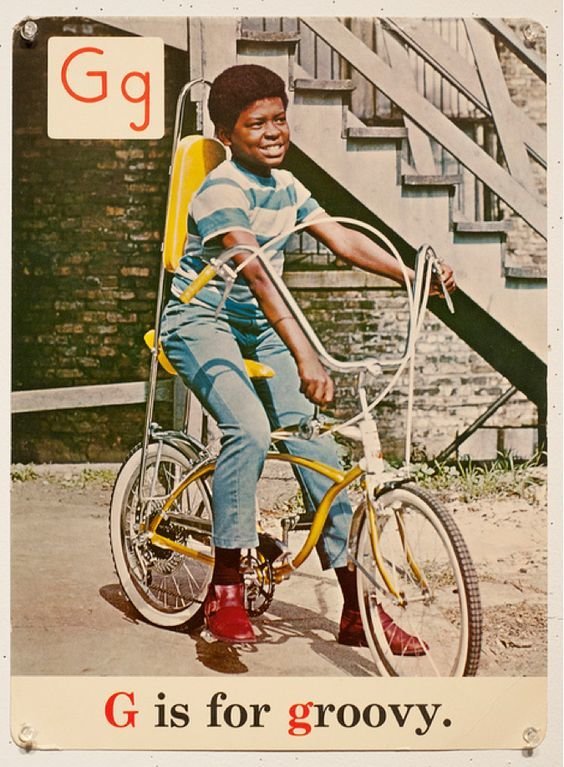
@jenlooper